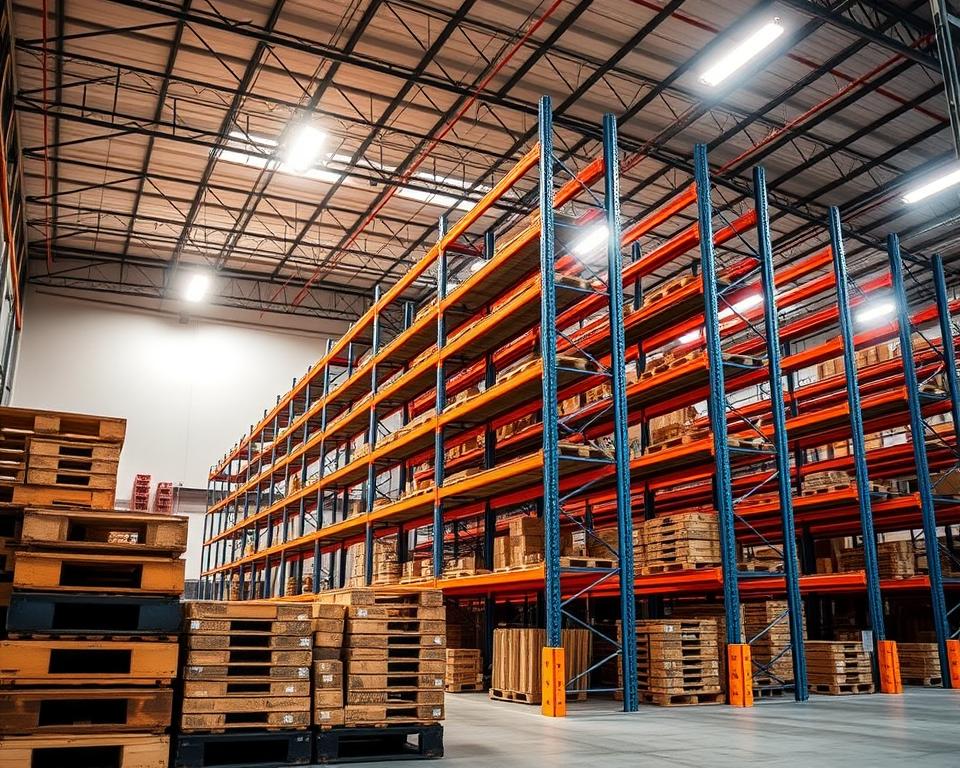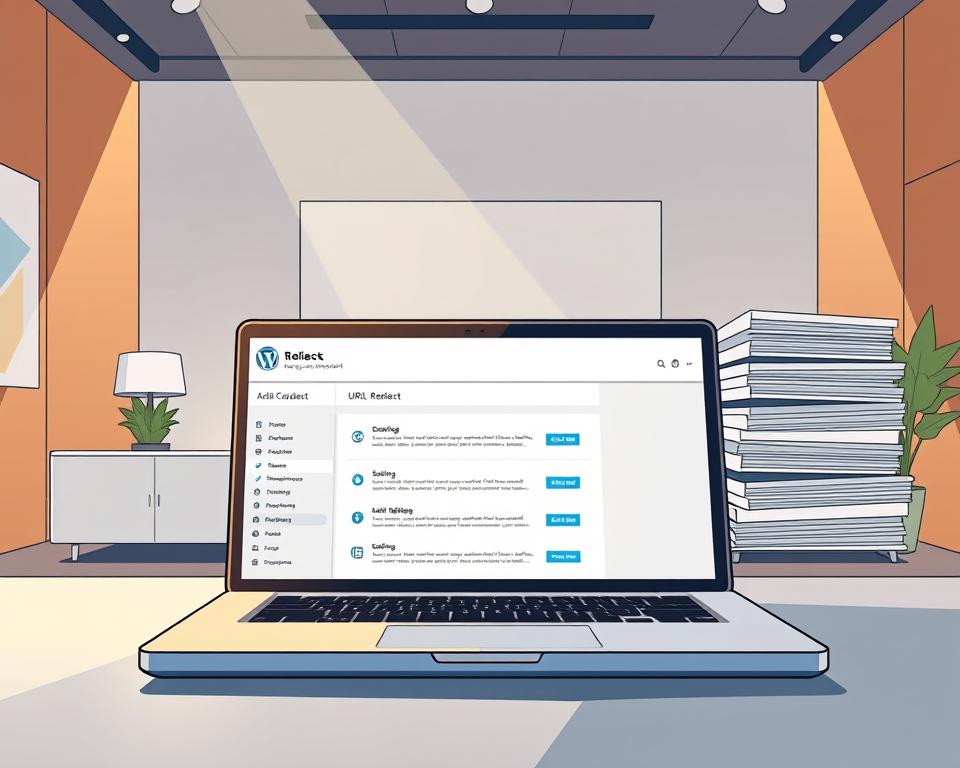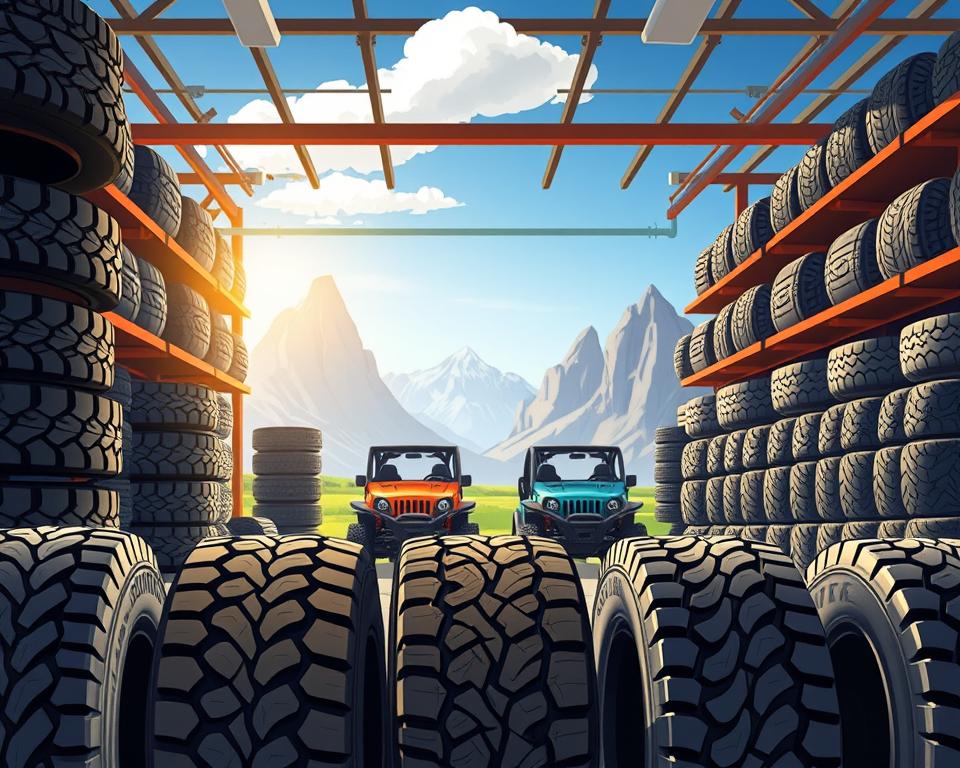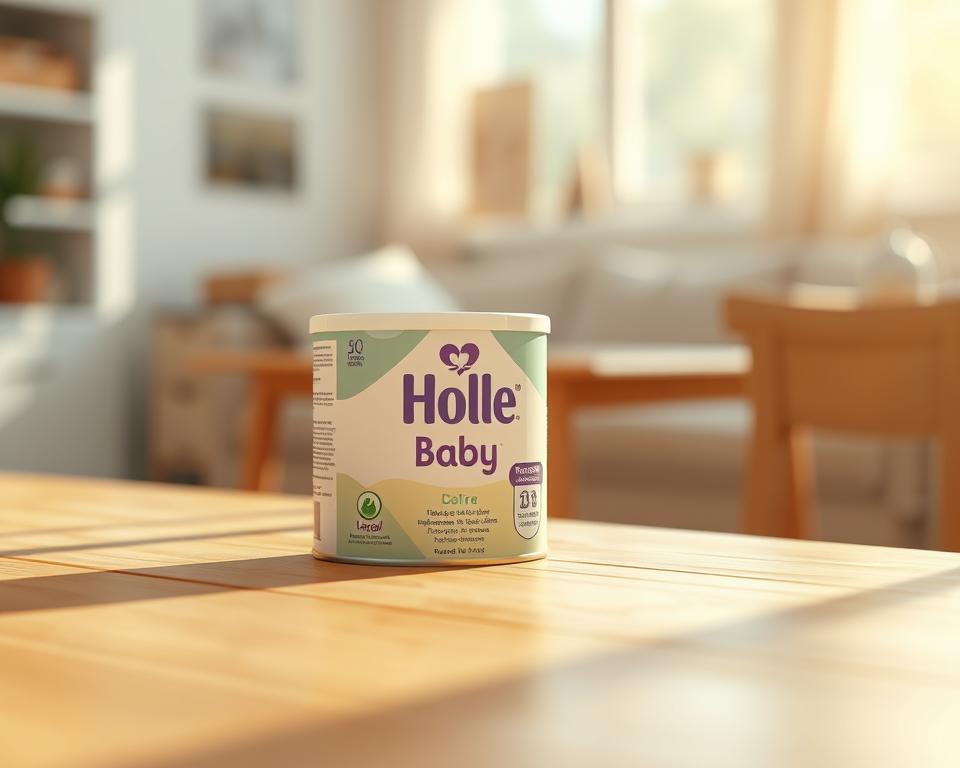Singapore Automotive Rental: Car Hire Solutions For Tourists
Want a smoother arrival than a long taxi line and confusing forms? I created my service to solve that problem. I offer a tourist-focused option that takes you from Changi Airport to your hotel quickly.
I operate https://www.singaporecarrental.sg/ to make booking a trustworthy car simple. My fleet is modern, collection is efficient, and my hire terms are clear so you know what to expect.
I prioritize what visitors care about: quick paperwork, friendly staff, and handy add-ons including GPS and child seats. I structure the experience so families and groups can travel comfortably.
I explain required documents and fees up front, including electronic tolls and cross-border rules. Whether you’re exploring the island or visiting key attractions, my rental approach aims to make your experience confident and easy.
Welcome To Singapore Car Hire: A Seamless Tourist Car Hire Experience
Reserve directly and avoid long waits at Singapore Car Rental to begin your journey quickly. The booking flow is optimized for clarity and speed. Online bookings provide instant confirmation plus instructions via email and app.
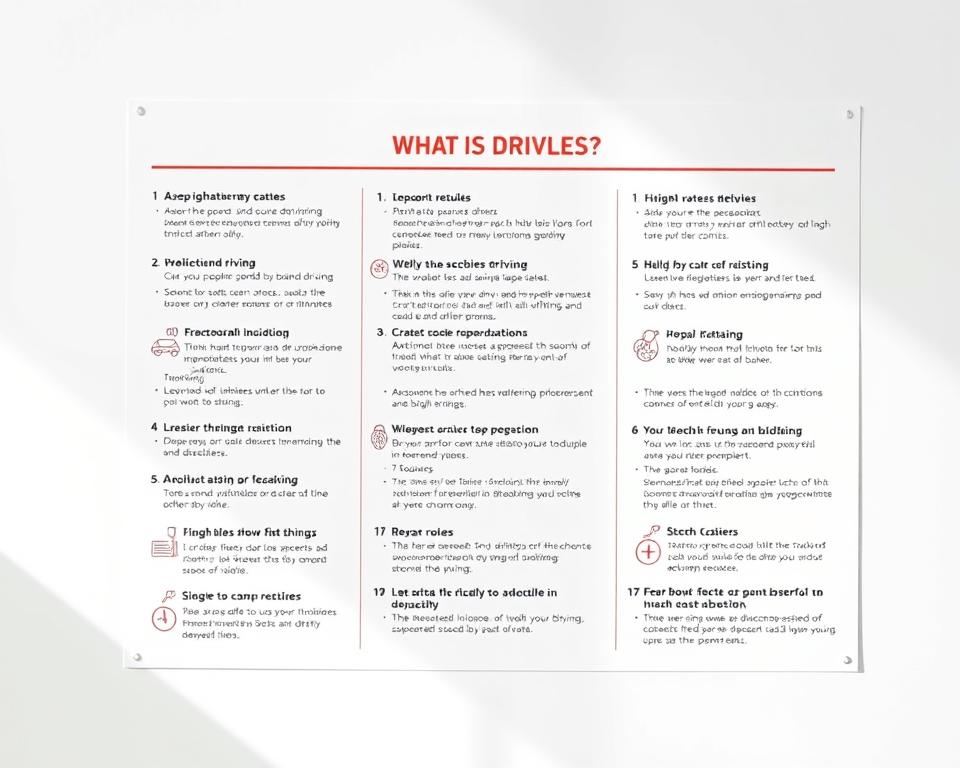
Airport and city branches offer pickup and return. Certain locations allow 24-hour drop-off for odd-hour flights. I list convenient locations so you choose what’s closest to your hotel or meeting point.
I keep customers informed throughout. Messages cover handover details, vehicle status, and return guidance helping you save time and remove uncertainty.
- Booking basics: fast web booking, instant confirm, clear pickup info
- Flexible pickup/return windows, including late-night options
- App management lets you edit or cancel in a few taps
- Tourist essentials: car selection help, local tips, and fast pickup
The service is set up to reduce waiting and improve exploring time. If plans change, most branches let you update dates or vehicle category through the app, subject to availability.
Why Choose My Services For Your Trip To Singapore
I focus on simplicity, reliability, and clear value for visiting drivers.
This is a local rental built for tourists. Inclusions are listed up front so you understand fees, fuel, and tolls before pickup.
I pair vehicles to your needs. From compact solo cars to roomy SUVs for families, I guide you to the right model fast.
- With local experience I speed pickup, explain parking, and guide peak routes
- Driver eligibility checks are quick: typical minimum age and years of driving experience are verified smoothly
- I provide ongoing support during your rental, with quick upgrades or changes if plans shift
A tourist-oriented provider reduces hassle. Straightforward policies and friendly staff make rental simple.
Fleet Options From Economy To Premium
I maintain both economy hybrids and premium sedans for varied needs.
The line-up includes sedans, SUVs, MPVs, and hybrids for flexible driving. These models fit city lanes, short expressway trips, and family days.
Premium options include Audi, BMW, and Mercedes-Benz for travelers who want refined interiors and advanced safety. You’ll also see economy options like Mazda, Toyota, Nissan, Volkswagen, and Skoda.
- We suggest models by headcount and luggage capacity
- Hybrids and compacts park easily and return solid fuel economy in town
- All models are kept as late-model units, with features updated within months and regular pre-rental inspections
- Category changes are possible when availability permits
We maintain high standards for clean, safe, reliable vehicles. My goal is to provide options that balance price and modern features without compromising on peace of mind.
Pickup And Return Made Convenient In Singapore
I arrange airport and central city handovers to cut waiting time and get you driving faster.
Changi Airport And Downtown Branches For Easy Access
I list my primary locations so you can choose the best spot for arrival or departure. At Changi, you’ll get airside-to-car access with 24-hour return on select units.
Urban branches are located near hotels and business areas. Pickups there work well if you arrive by taxi or MRT and want to start driving later in your schedule.
- Airport pickup saves time after a long flight with clear wayfinding and quick handover
- Return flexibility includes after-hours key drop and select 24-hour returns
- One-way in-city returns may be available on select plans
- Booking changes are allowed at many locations if available
New arrivals get straightforward sign and traffic guidance to the city. I aim for consistency: quick paperwork, clear car retrieval, and simple return instructions.
What I Offer Today In Singapore Automotive Rental
Flexible terms range from short weekends to monthly rentals. Clear options show what to expect before confirming.
Short-Term, Weekly, And Monthly Options
Choose short weekend rentals for brief visits, weekly plans for exploring, and flexible monthly options for longer stays. Start short and extend to months if plans change, based on availability.
One-Way Returns Within Singapore Available On Select Tariffs
On select tariffs, one-way branch-to-branch returns are allowed. Ideal when you finish in a different district than pickup.
- Open mileage on many cars simplifies sightseeing budgets
- I balance value and flexibility with easy time extensions and vehicle upgrades when possible
- Additional drivers and GPS are available to customize your rental
- Book early in peak seasons for best choice; cars are maintained on schedule
Online Booking With Real-Time App Control
Book online fast and use the app to manage changes.
It’s easy to reserve—pick dates, choose a model, and confirm. You’ll get an email and see the booking in the app for easy access.
Adjust dates, class, or extras on the fly. Live pricing updates show changes before you confirm.
- Some branches offer 24-hour returns for schedule flexibility
- Payments are secured with major cards; you’ll get receipts and deposit summaries
- The app pushes pickup info, return reminders, and traffic advisories
- Best pickup windows and check-in advice help you skip lines
- Help is available by chat, email, and phone while traveling
You can rent with confidence, manage via app, and pay securely by credit card.
Add-Ons To Personalize Your Drive
You can tailor the trip with straightforward add-ons that fit your needs.
Options are designed for families as well as solo guests. Child, infant, and booster seats meet standards and fit diverse seat layouts.
Preloaded GPS includes current maps and attractions to guide you. Add a co-driver by presenting license and ID to share long drives.
- Clear protection options outline coverage limits and deductibles
- Extras such as phone mounts, toll setups, and connectivity guides keep things tidy
- Choose MPVs or larger cars when you need multiple child seats or extra luggage space
You can add or remove options in the app before pick-up or mid-rental, subject to availability. Pairing add-ons with unlimited kilometers and 24-hour returns keeps plans flexible.
What Tourists Need: Documents, Age, And Rules
Before departure, know the IDs and permits required.
Simplicity keeps pickup quick. Bring your passport and a valid driver’s license. If your license is not in English, carry an International Driving Permit or a certified translation.
I make age and experience rules clear. By category, minimum age is commonly 22–24, and many classes require at least two years of driving experience.
Tolls, Deposits, And Cross-Border: How It Works
ERP handles tolls electronically during trips. Your card on file is charged for tolls. All tolls and fees are itemized on your receipt.
Travel to Malaysia is permitted on request. Ask ahead so we can arrange permission and allow lead time.
- We validate a deposit on pickup to cover tolls, fuel, and potential extensions
- You’ll be reminded of seatbelt/phone rules with tips on safer times and parking spots
- A rapid document check at the counter speeds your departure
Transparent Pricing With Card Payments And Insurance Choices
Upfront fees ensure you know the final price before pickup.
I explain what your base rate covers: vehicle class, taxes, and standard mileage. We list optional items such as seats, protection, and extra drivers to clarify totals.
Payment Cards And Your Rate Inclusions
Secure processing supports major credit cards for deposits and payments. Cash and most prepaid cards aren’t accepted for deposits; bring a valid credit card.
- I show all charges in your itinerary before you confirm so the customer sees totals and taxes
- Protection and insurance options come in tiers with clear deductible amounts and liability limits
- Availability of unlimited mileage and 24-hour returns is shown per branch/category
- Deposits and eligibility vary with class, branch, and demand
For any billing or coverage questions, I’ll clarify options so you select the right level.
Unlimited Mileage And Scheduled Maintenance For Stress-Free Trips
I provide unlimited mileage and scheduled maintenance for flexibility.
Across most classes unlimited mileage lets you plan drives without tracking distance. This cuts mileage worries and simplifies your budget.
Cars are updated within months and receive regular checks. Before every handover we perform routine maintenance and checks.
- Maintenance is coordinated around bookings to avoid downtime and keep schedules
- Pick-up and 24-hour return options save time and pair well with open mileage for flexible itineraries
- If needed, rapid assistance or replacement minimizes disruption
- Uniform standards make comfort and range predictable for renters
The goal is for you to focus on friends and sights, not repairs or mileage limits. With clear upkeep and unlimited mileage, that’s achievable.
What Visitors Say About Renting
Guests point out the small touches that make a difference.
I gather reviews after trips to see patterns and respond quickly.
Reviews often praise fast pickup and return, friendly staff, and modern cars kept in top condition. Guests often mention strong value and clear communication when returning.
- Quick handovers and helpful counter advice save time at arrival
- ERP usage guidance and parking tips lower urban driving stress
- Late-model cars and transparent pricing are cited as strong positives
- We convert feedback into clearer signs and more detailed pre-trip emails
- Surveys and training together maintain steady standards
I measure quality constantly so the services you see are consistent. These improvements translate to smoother pickups, fewer questions on the road, and a better overall rental experience for every guest.
Suggested Driving Itineraries For First-Time Visitors
Scenic, simple routes let first-timers enjoy sights without traffic anxiety.
Changi To City Eats, Sentosa Sands, And Skyline Spots
Plan a smooth Changi-to-downtown run timed to avoid peak congestion. Start early to visit Gardens by the Bay before noon crowds.
See Marina Bay in the morning, then loop to the Singapore Flyer for views. That pacing keeps the day smooth and provides good photo opportunities.
Drive a family-ready loop to the zoo and parks with parking advice and fast expressway rejoin. It cuts parking time and keeps kids comfortable.
- Afternoon plan: drive to Sentosa for beaches and attractions with parking/ticket advice
- Evening hawker-center loops include parking suggestions for quick access
- Advice helps align pickup timing so the car is ready when you are
- We pick photo stops and detours that fit comfortably into a day
- Tips show how to use the app for live traffic and parking suggestions
These itineraries pair well with my car rental service if you want flexible pickup and straightforward support while driving around key locations.
Renting Compared To Car Ownership On A Trip
If you only need wheels for a few days, renting often wins on cost and convenience. On short stays, long-term payments, registration, and parking don’t make sense.
Total-cost comparison shows ownership adds ongoing expenses not needed by visitors. COE plus long-term insurance stack on cost and admin that travelers can skip.
Renting provides flexible day-to-month plans. We take care of maintenance and repairs so you avoid service concerns.
- Lower upfront than buying and no long-term commitment
- I handle maintenance/repairs, streamlining short stays
- Choose the right size each trip for passengers and luggage
- Skip parking hassles and extra permits linked to ownership
Short-term rental usually balances cost, protection, and freedom for visitors. It helps you enjoy the trip instead of managing a vehicle long term.
In Closing
Appreciate your interest in Singapore Car Rental—my aim is a simpler, safer, more enjoyable trip.
From the first minutes on the ground, I want a stress-free experience. Fleet standards are modern—refreshed cars, airport & city pickup options, unlimited mileage, and select 24-hour returns.
I keep document checks fast and clear. Non-English licenses need an IDP or certified translation; ERP tolls charge automatically to your card for easy review.
Our local know-how guides routes, parking, and timing to fit your plan. Reserve your car today and reach out if you want custom add-ons or questions answered before arrival.

